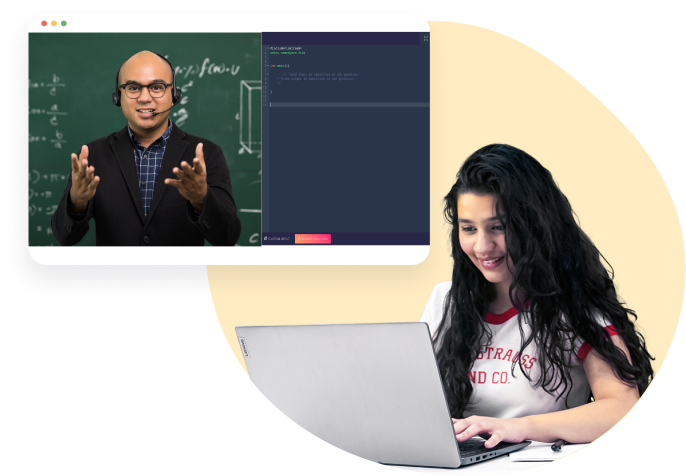Docker training is essential for developers and IT professionals aiming to enhance their containerization skills. This course covers core Docker concepts, including container creation, management, and orchestration. Participants will learn to build and deploy containerized applications, utilize Docker Compose for multi-container setups, and integrate Docker with CI/CD pipelines. Hands-on labs ensure practical experience with real-world scenarios, while advanced topics like Docker Swarm and Kubernetes offer insights into scaling and managing clusters. By the end of the training, attendees will be equipped to efficiently use Docker in modern DevOps environments, improving workflow automation and application deployment.

₹25,000
4.8
12K+ Learners enrolled
100 +
Duration(Hours)
350+
Problems


Watch classes anytime at your convenience.

Catch up on the course when life calls you elsewhere.



A structured curriculum that makes learning easy

Practice coding problems of varying difficulty

Engagement coach to keep you motivated

Compile & run in an integrated coding environment

1:1 sessions over voice call & chat with our skilled teaching assistants




1:1 Mock interviews with resume and career guidance

Structured feedback to make you better

Get a chance to be referred to your mentors’ company

Skill-based hiring across all levels of experience



Average salary hike

Transitions to product companies

Trusted placement partners
Enhanced Skill Set:
This course will enhance your technical skills in containerization, making you more competitive in the job market.
Career Advancement:
Completing the course can lead to career growth opportunities, especially in roles related to DevOps, cloud computing, and software engineering.
Improved Efficiency:
Learning Docker helps you streamline the development, testing, and deployment processes, resulting in more efficient and reliable software delivery.
Networking Opportunities:
By joining the Algoxfusion alumni network, you can connect with industry professionals, share knowledge, and stay updated on the latest trends and best practices in Docker and containerization.













